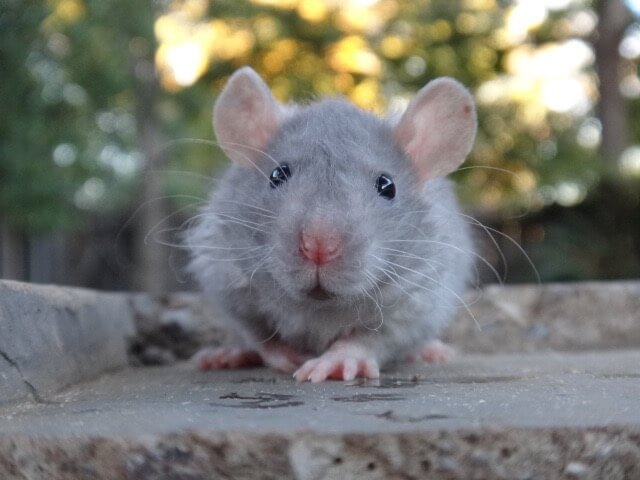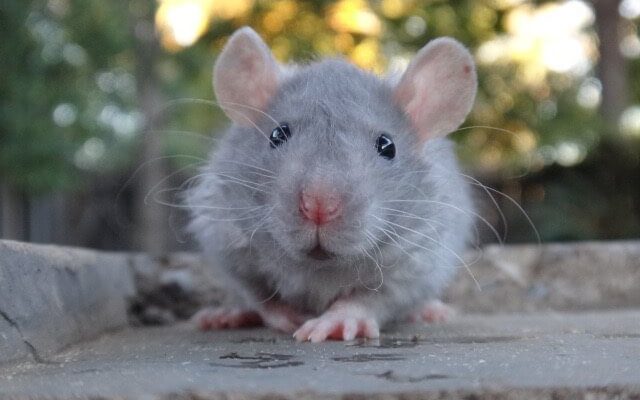
Think of caring for a bristle coat rat like nurturing a young child; you have to be attentive and proactive. This article will guide you through the essentials—diet, habitat, and handling tips—to ensure your new furry buddy lives a healthy, happy life.
Understanding the Bristle Coat Rat
Before diving into care specifics, it’s crucial to know what makes bristle coat rats unique. Unlike other rat breeds, these rats have a distinct bristly coat that sets them apart. Their fur can be coarse and wiry, giving them a unique, textured appearance. These rats are known for their friendly demeanor and social nature, making them excellent pets for families and individuals alike.
You might be wondering why choosing a bristle coat rat over other types matters. Their social behaviors are often more engaging. They enjoy interacting with their owners and are relatively easy to train. Plus, their playful antics can bring a lot of joy to your home!
Creating the Perfect Habitat
A proper habitat is vital for your bristle coat rat’s well-being. Think of it as their little kingdom. Start with a spacious cage that allows plenty of room for climbing and exploring. A multi-level cage is ideal since these rats love to climb. It should have solid flooring to prevent foot injuries, as wire bottoms can be uncomfortable.
When setting up their home, remember to include:
- Hiding spots: Rats feel secure in cozy spaces, so provide tunnels or small boxes.
- Hamster wheels: They need exercise just like you do!
- Safe bedding: Choose aspen shavings or paper-based bedding to keep them comfortable.
You might also want to consider adding a few chew toys. Bristle coat rats have a natural instinct to chew, and providing them with safe options helps keep their teeth healthy.
The Right Diet for Bristle Coat Rats
Diet is a huge part of keeping your bristle coat rat healthy. Their meals should be balanced and designed specifically for rodents. A good quality rat pellet is a great base, but don’t forget to add diversity to their diet!
Here’s what you can include:
- Fresh fruits and vegetables: Carrots, apples, and green leafy vegetables are great options.
- Protein sources: Offer some cooked chicken or boiled eggs occasionally.
- Treats: Small bits of nuts or seeds can be given as treats, but keep them minimal.
It’s essential to be cautious with foods that are high in sugar or salt. Too many treats can lead to health issues. Always provide fresh water, and ensure it’s changed daily!
Handling Your Bristle Coat Rat
Handling your bristle coat rat is crucial for building trust and a strong bond. Start slow, especially if they’re new to your home. When you first meet them, approach gently. You might want to let them sniff your hand before attempting to pick them up.
Here’s a simple way to hold them:
1. Palm down: Place your hand flat, giving them a solid surface.
2. Scooping: Once they feel comfortable, gently scoop them up with the other hand, supporting their body.
3. Gentle grips: A light hold is best; imagine you’re holding a small, delicate package.
Regular handling helps them become accustomed to you. This interaction can reduce stress for both you and your pet. Plus, it’s a great time for bonding, especially when they’re snuggled up against you!
Common Health Concerns
Just like any pet, bristle coat rats can face health issues. Being aware of common ailments helps you stay prepared. Some typical problems include respiratory infections, tumors, and dental issues.
If you notice any of these signs, it’s essential to consult a vet:
– Weight loss: If your rat suddenly loses weight, that might indicate a problem.
– Lethargy: If they’re not as active as usual, it could be a sign of illness.
– Change in appetite: Not eating or drinking is a concern.
Having a good vet who understands small animals is invaluable. Regular health check-ups can help catch potential issues before they worsen.
Social Needs and Enrichment
Bristle coat rats are social creatures that thrive on interaction. They appreciate companionship, whether it’s from you or another rat. If you can, consider adopting a pair so they can keep each other company. If you only have one, be ready to dedicate time each day for play and interaction.
To keep your rat entertained, try providing different enrichment activities:
– Obstacle courses: Use small boxes or tunnels for them to explore.
– Interactive toys: Look for toys that challenge their problem-solving skills.
– Out-of-cage time: Supervised playtime outside the cage encourages exercise and socialization.
Engaging with your bristle coat rat through play and interaction not only enhances their mental well-being but also strengthens your bond.
Caring for a bristle coat rat can feel like a big responsibility, but it’s also a fulfilling journey. With the right diet, a comfortable habitat, and lots of love and interaction, your furry friend will thrive. Remember, they’re not just pets; they’re companions that bring joy and laughter into your life.
As you embark on this adventure, take the time to learn and adjust as needed. Each rat has its own personality and preferences, and getting to know them will make your bond even stronger. Here’s to a happy life with your bristle coat rat!

